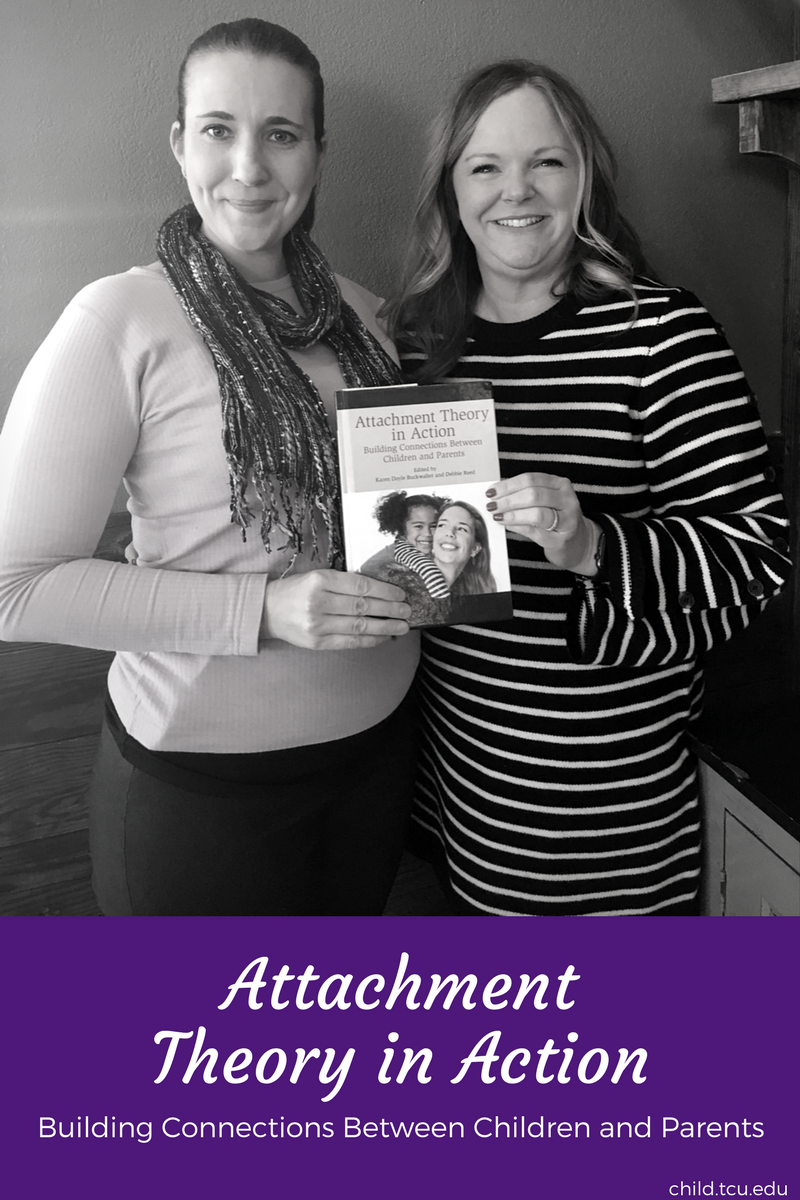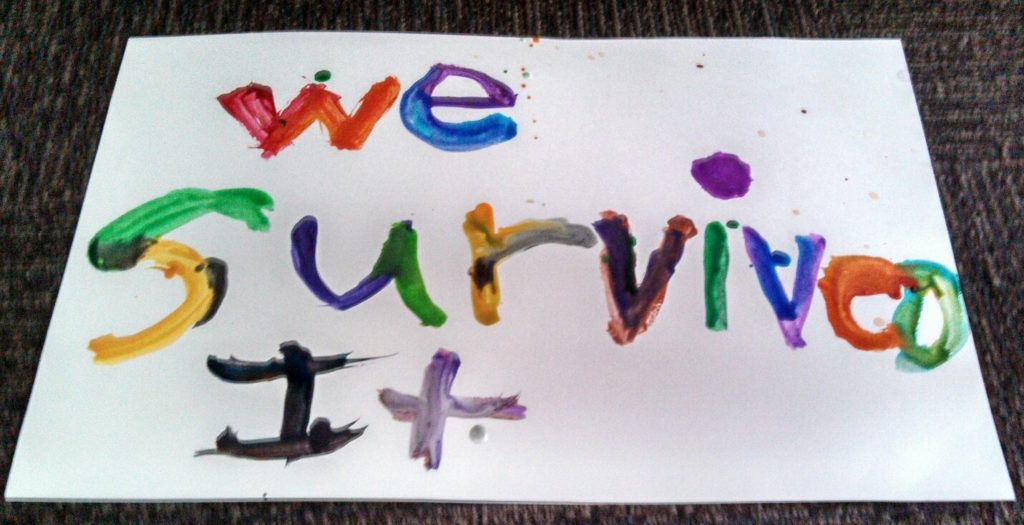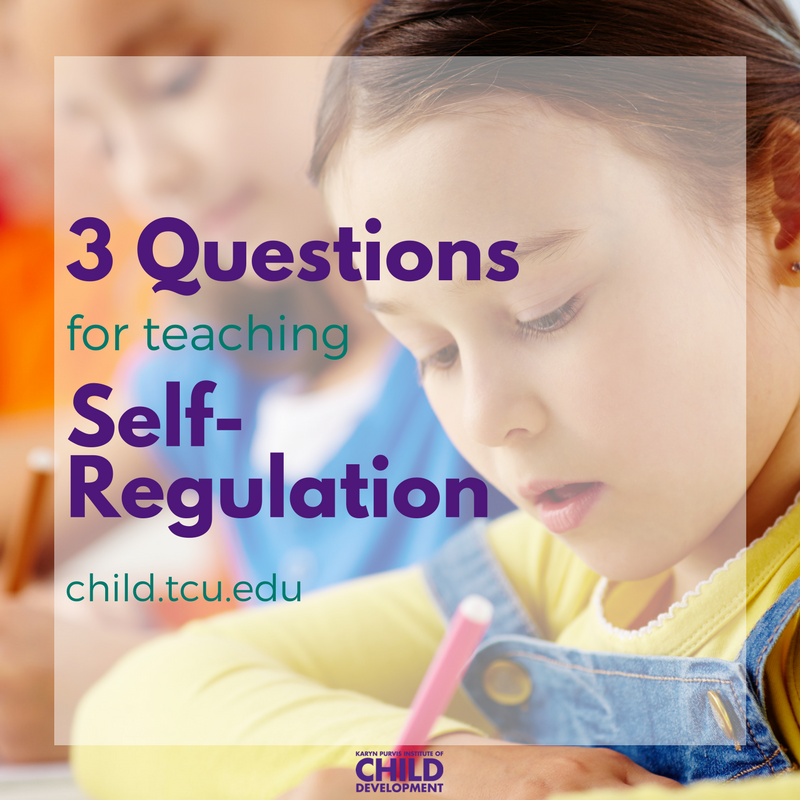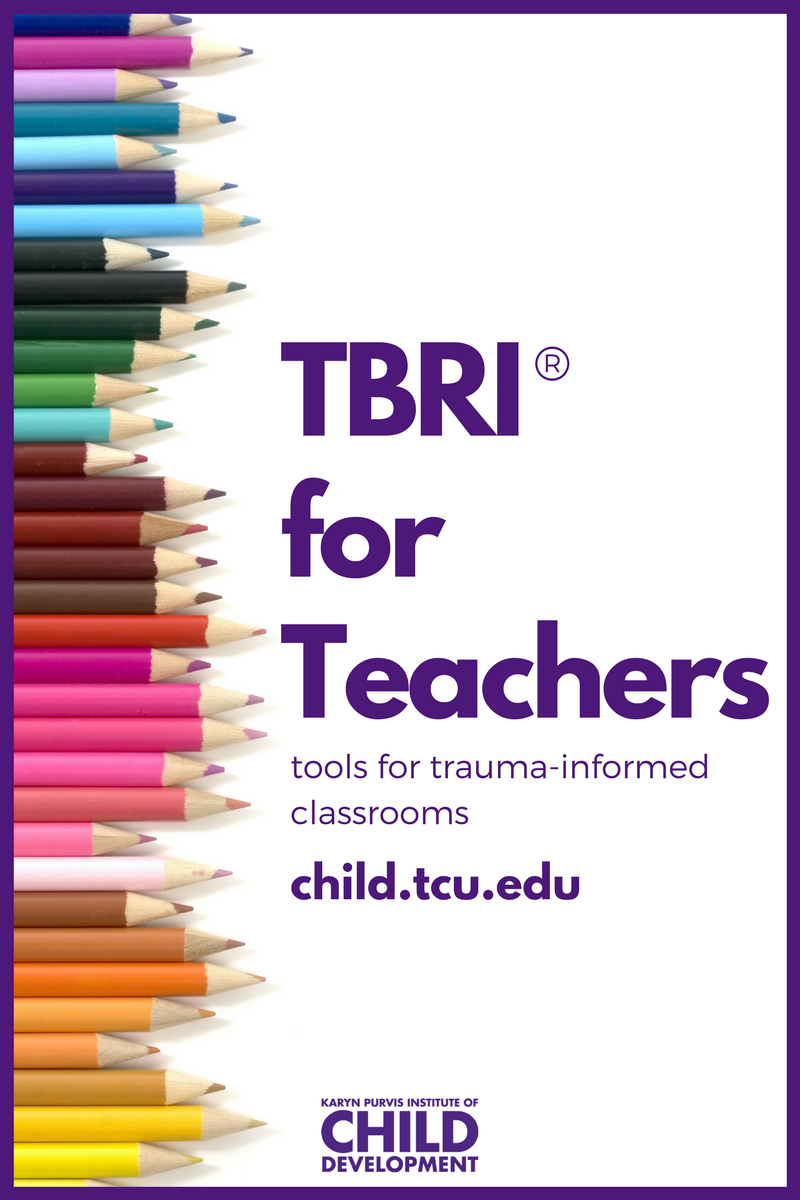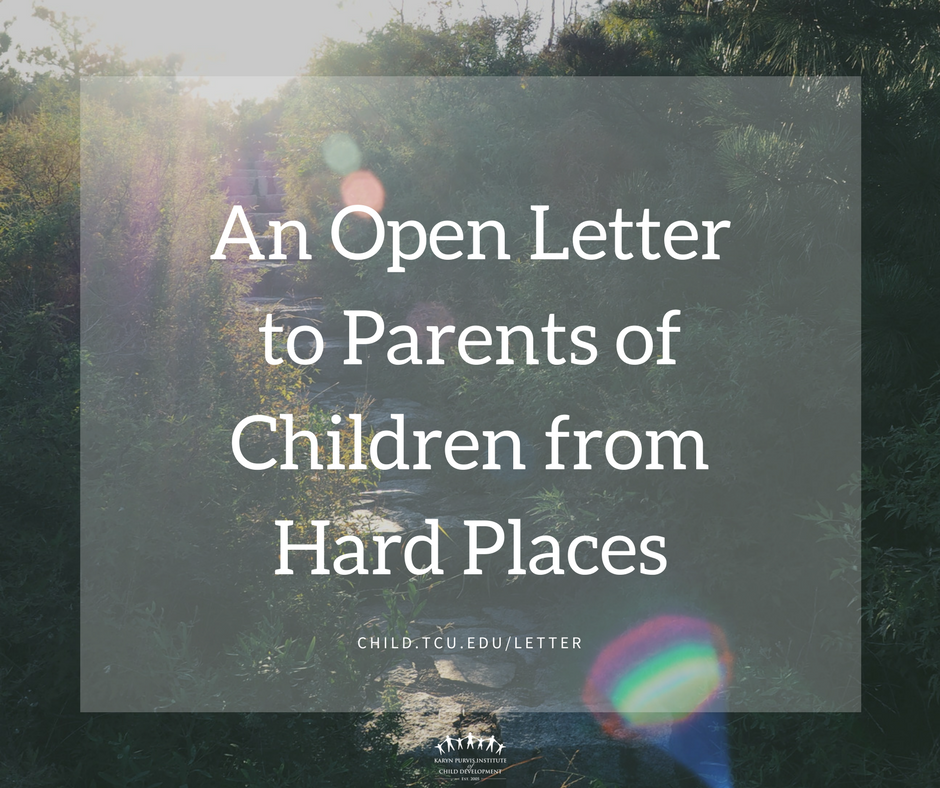
by: Amanda Purvis
Editors Note: At this year’s Empowered to Connect Conference, Amanda Purvis,Training Specialist, shared this letter she wrote to fellow adoptive and foster parents. We’ve published the letter here in hopes that it letter will encourage parents doing some of the very hardest work of caring for children from hard places.
To my fellow sojourners on the journey to true identity and health:
If you decide to join me and others like us on this journey, you will not regret it, but it will be the hardest thing you’ve ever done. Being part of something that requires all of you means you will have to release many things that have carried you thus far on your journey. You will have to release strategies that have served you well but have now become weights as you attempt to become the truest form of who you were meant to be all along. You will have to release these weights so you can help the ones to which you were called. (more…)


